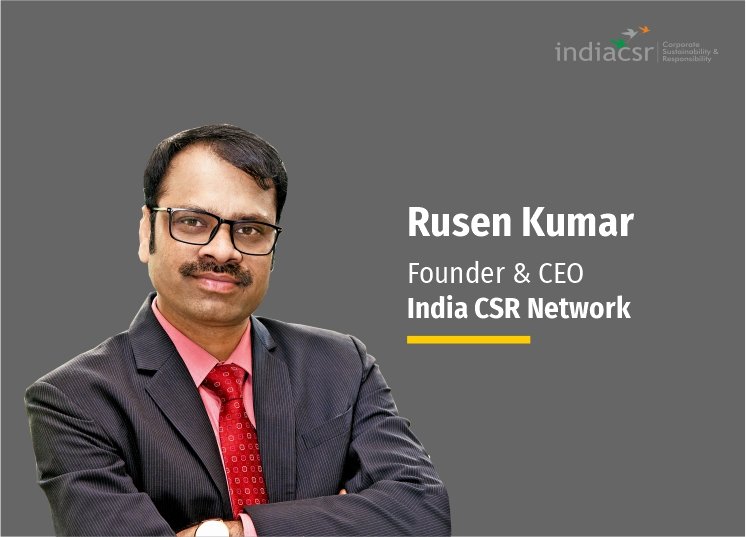The chairman has to play a great role for the success of the organization. In India, generally, the chairman is far-sighted and has a great role in establishing the organization. The chairman provides overall direction and guidance on effective governance of the company to the Board.
By Rusen Kumar
India’s capital market regulator SEBI has recently said that India’s leading companies should split the post of their chairman and managing director. For those interested in corporate governance, this is a mysterious question as to why SEBI wants this. It is very difficult to understand that if the same person holds both the post of Chairman and Managing Director then what is the harm. SEBI has made it compulsory for listed companies to have separate persons for chairman and managing director in corporate administration.
Actually, when ‘Corporate Governance on Voluntary Guidelines’ was released in 2009, it was recommended to keep the office of Chairman, Managing Director (MD) and CEO separate. It was also later adopted by the Adi Godrej committee on corporate governance in 2012 as a key recommendation on strengthening corporate governance culture in India.
The rationale behind bringing such a suggestion was that having all the rights of a single person can lead to autocracy decision-making power by him. It was also suggested that to promote balance of power the roles and offices of Chairman and CEO should be separated, as far as possible.
It is necessary to delineate the duties and role of the top functionaries in the successful running of a large corporate. If a human being is a social animal, according to this all companies are a social organization. It has been experiencing that the health and wealth of organizations are threatened due to totalitarianism. It is man’s nature that when he has unlimited power, his pride increases and he takes fatal decisions. Centralization of power increases greed and egoism in a person.
Abuse of power causes great collapse. Society cannot tolerate corporate collapse, so efforts should be made to run the corporate successfully from all perspectives. Companies should be operated as a social unit, not in the greed to make a profit only. It has been experienced that successful companies are more social and explicit. The biggest threat to the corporate is from the greed of its own promoters. Greed is the biggest enemy, no matter where it is within.
It is a matter of fact that almost every major successful private sector organization in India is dominated by a particular family. In almost all companies in India, the chairman is also the managing director. SEBI recognised that having the same person as chairman and MD brings in conflict of interest.
The chairman has to play a great role for the success of the organization. In India, generally, the chairman is far-sighted and has a great role in establishing the organization. The chairman provides overall direction and guidance on effective governance of the company to the Board.
The Chairman is responsible for fostering and promoting the integrity of the Board while nurturing a culture where the Board works harmoniously for the long-term benefit of the Company and all stakeholders. The Managing Director is the second highest rank in organisation, responsible for corporate strategy, brand equity, planning, external contacts and all management matters. Corporate Governance should function in a dignified, distinctive and responsible manner.
Equal partnership in corporate decisions and actions among key leaders is essential. It is necessary for the corporate of India to conduct itself while embedding and protecting democratic values in corporate governance also.
The Author

(Rusen Kumar writes on CSR, Sustainability, Corporate Governance, Business Affairs and Responsible Business. He is the founder of India CSR Network)
(CopyRight@IndiaCSRNetwork)





























